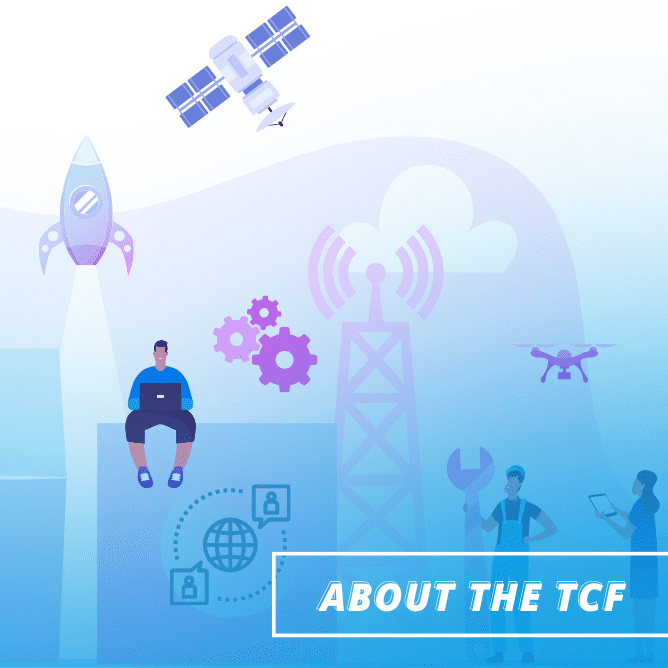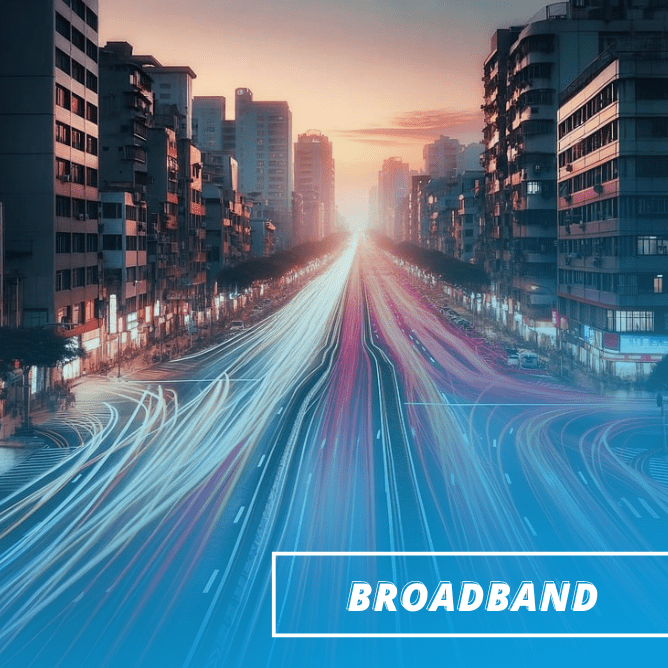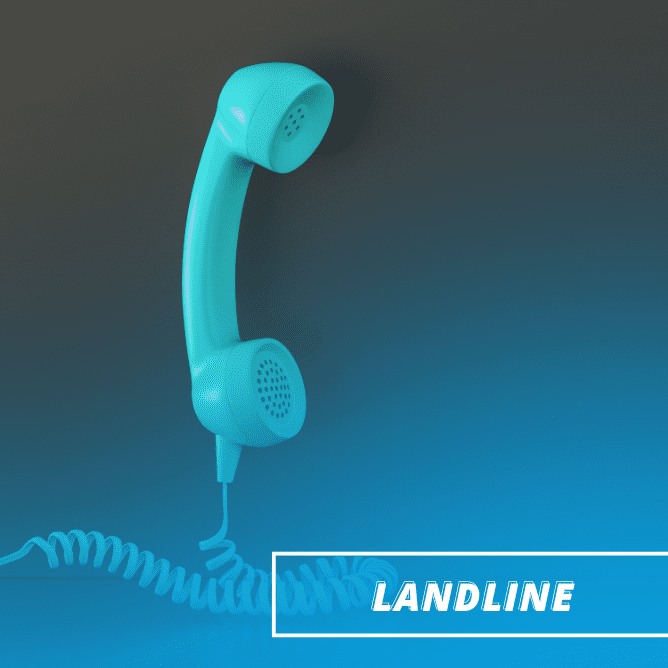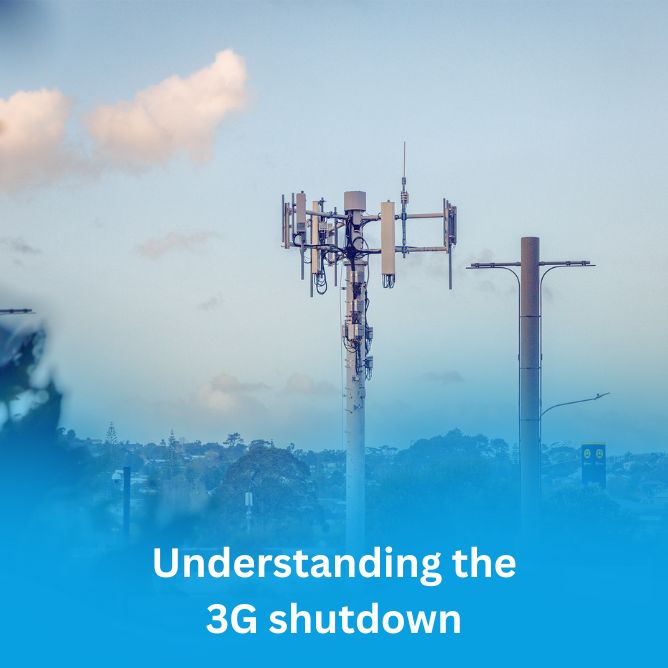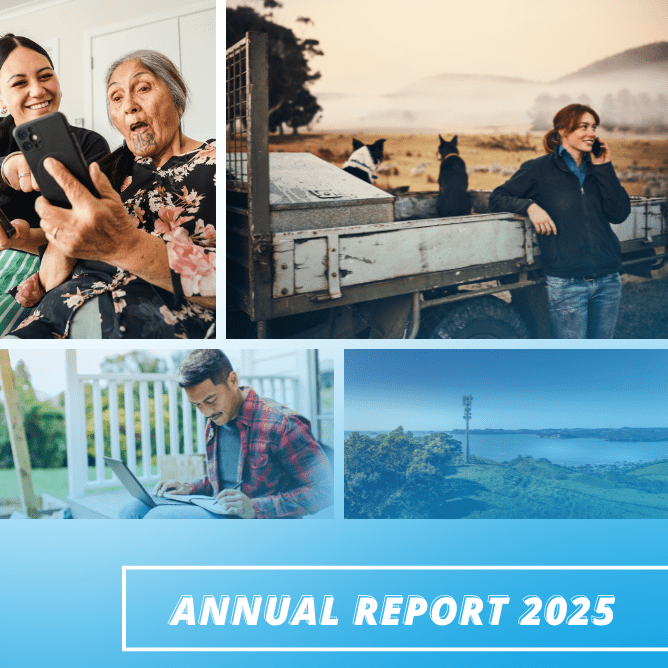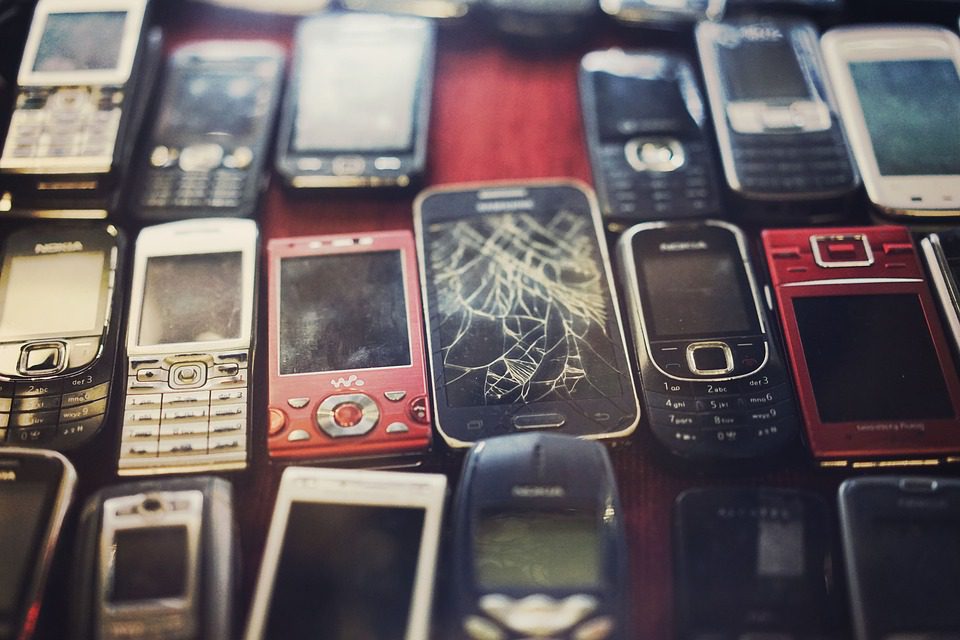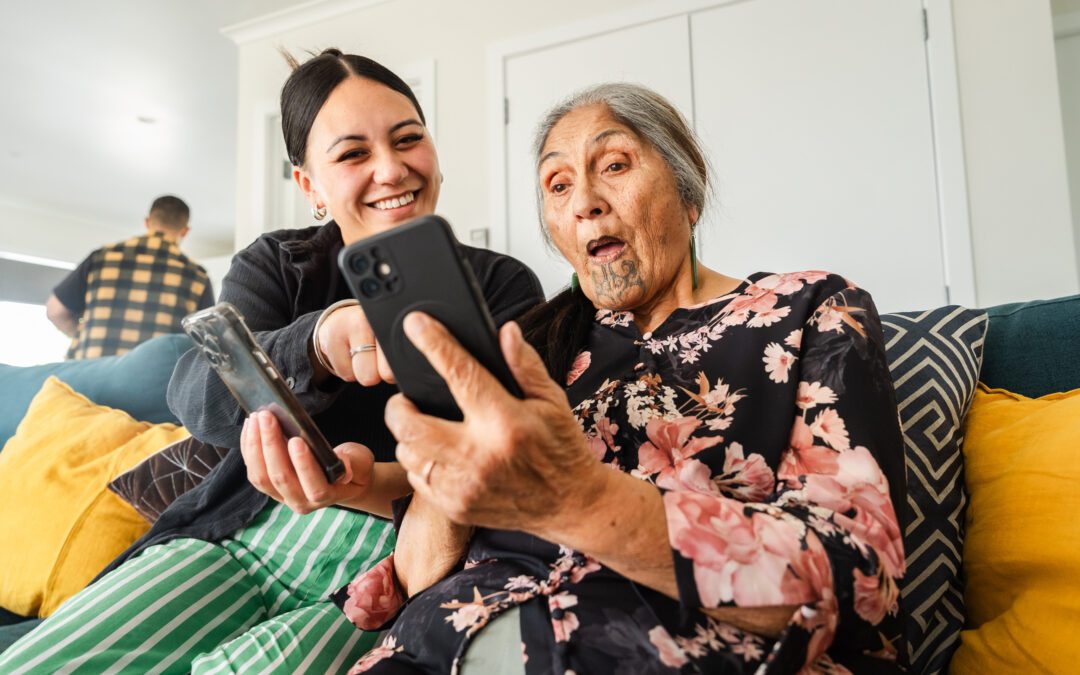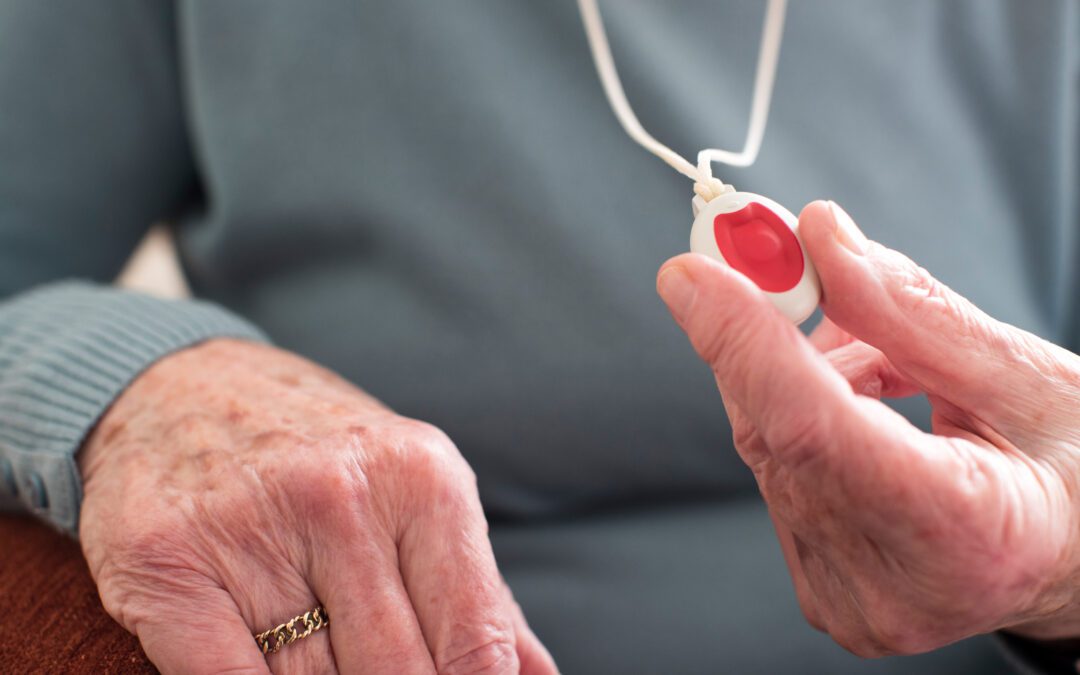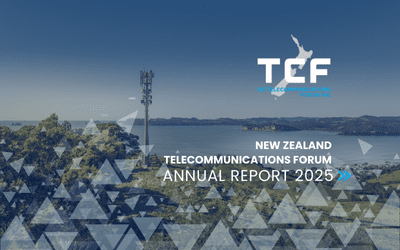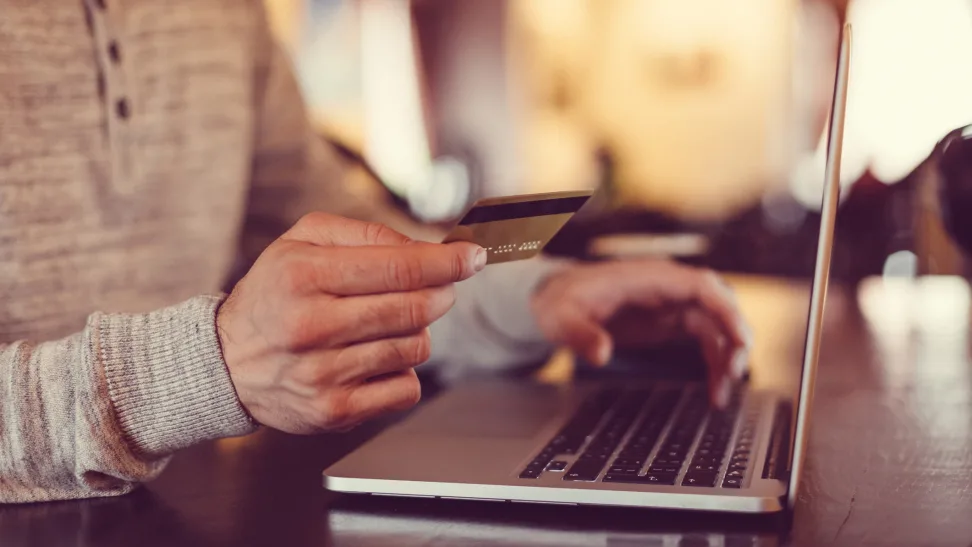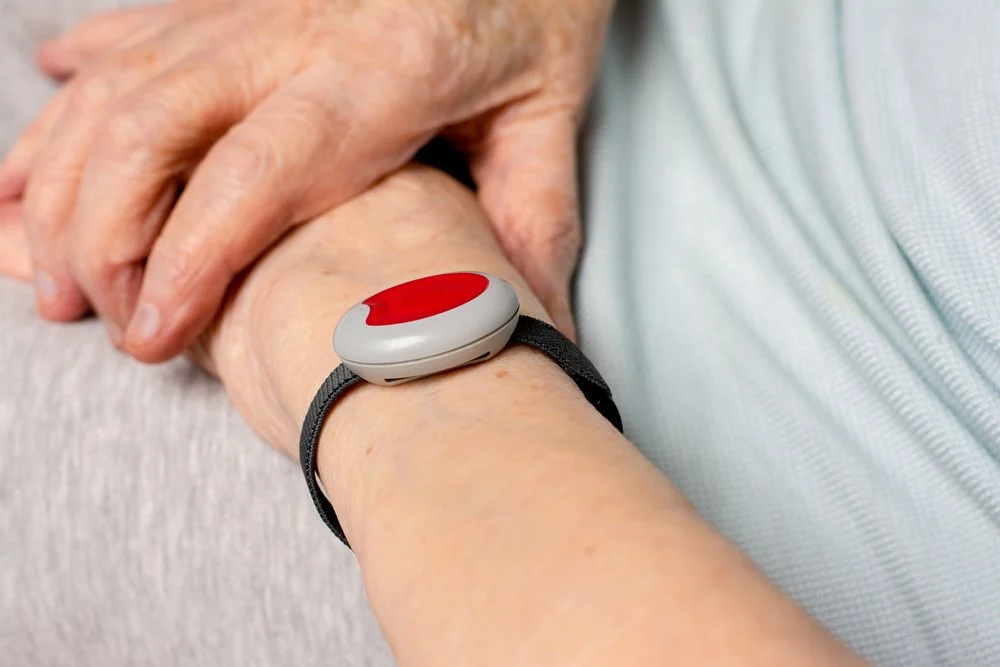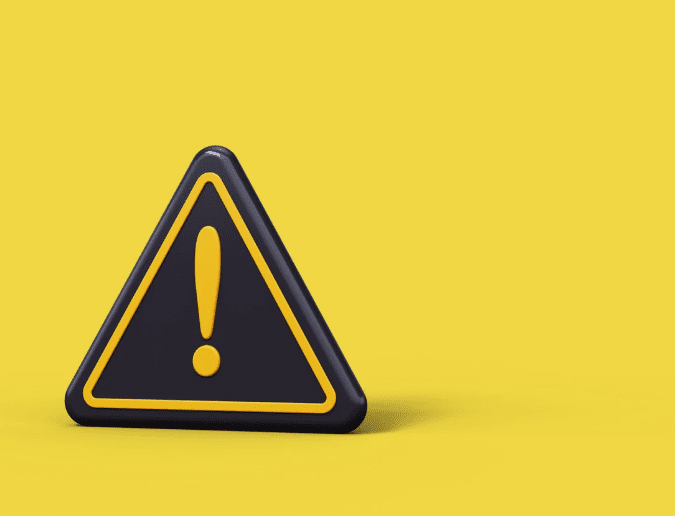Emergency events can cause disruption to our lives, making staying connected during these critical times more important than ever. Understanding the challenges of technology during an emergency event and taking steps to be prepared can help you stay connected to loved ones, emergency services, and access vital information.
The telecommunications sector works closely alongside other critical infrastructure providers to restore service and make the networks more resilient in the case of emergency events. If communication networks are affected though, being informed and prepared can make a big difference.
The Telecommunications Forum has prepared a fact sheet to help communities and customers prepare for emergency events, says CEO Paul Brislen.
“No public utility is 100% completely infallible – whether that is telecommunications, roading, energy, or water. During extreme weather events outages can occur and consumers need to be prepared to be without telecommunications potentially for an extended period of time.”
Emergency calling can be disrupted but customers are advised that if they need to call 111 for emergency services they should try regardless of whether their phones have network connectivity.
“Emergency calls can be carried by other mobile networks so even if your phone says it has no signal customers should try to make that call as it could be picked up by another provider.”
New Zealand telecommunications companies work together to support each other’s networks during extreme events and work alongside government agencies like the National Emergency Management Agency and Civil Defence to support local communities.
More Information:
One New Zealand has launched a text message via satellite service trial which is available to all mobile customers.
The TCF Fact sheet is available to download:
TCF Fact sheet – Communications during an emergency
How you can prepare for disruptions to telecommunications networks
- Stay informed by following weather warnings and updates from official channels and check that your phone can receive emergency mobile alerts to stay up to date in the face of extreme natural events. Listen to updates from the radio and pay attention to advisories from civil defence.
- Plan ahead by considering how you will communicate if your mobile, landline and internet services are not available. Take the time to prepare an emergency plan and communicate early with whanau about your plans before you need to act on them.
- Keep a portable battery powered radio with a spare set of batteries in your emergency kit, so you can stay up to date with emergency information.
- Consider investing in power banks or solar chargers to allow you to keep your device charged. An uninterruptible power supply (UPS) can keep telecommunications services available for a period of time after a loss of power.
- Download or print important information like maps, emergency contacts, and offline apps can also make important information readily available on your device even if you lose internet connection.
- Consider investing in power banks or solar chargers to allow you to keep your device charged. An uninterruptible power supply (UPS) can keep telecommunications services available for a period of time after a loss of power.
- Conserve resources by limiting non-essential calls and data usage during peak demand periods to prioritise emergency communication and keep connected with neighbours and community resources for support and updates. Use text messages instead of calls for short and essential messages.
- Finally, Emergency services, mobile, landline and internet service providers will be working hard to reconnect you, but it may take time so be prepared.

